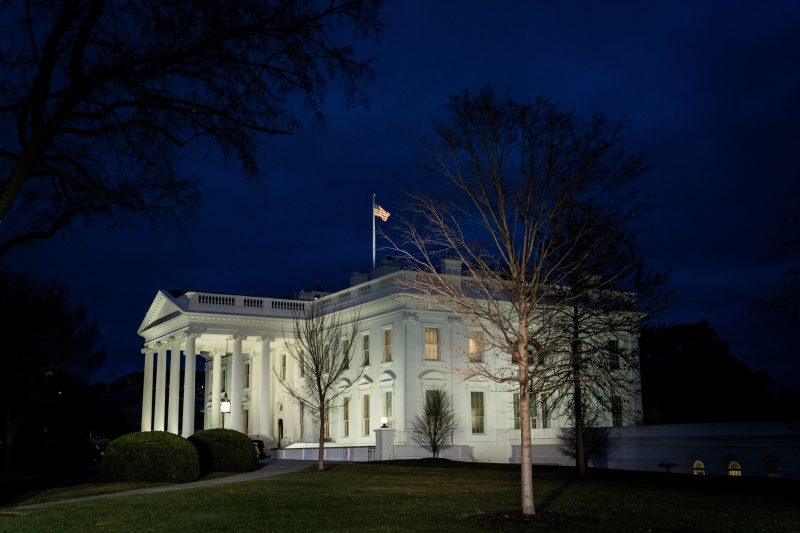The Thin Veneer over Trump’s Fascistic Rhetoric
President Donald Trump’s presidential tenure has been marked by controversy, polarization, and a unique brand of rhetoric that has divided the nation. His approach to communication has often been described as bombastic, divisive, and at times, even fascistic. In this article, we will delve into the nuances of Trump’s rhetoric and examine the thin veneer that barely conceals its underlying principles.
One of the central pillars of Trump’s rhetoric is his tendency to label opponents and critics as enemies of the state. This tactic is not new in politics, but Trump’s fervent use of this strategy has raised concerns about the implications for democracy and freedom of speech. By painting those who disagree with him as enemies of the people, Trump creates an us vs. them mentality that can be damaging to public discourse and the democratic process.
Furthermore, Trump’s frequent attacks on the media and his dismissal of any critical coverage as fake news have eroded trust in traditional sources of information. By undermining the credibility of journalists and news organizations, Trump is able to control the narrative and shape public opinion in his favor. This manipulation of truth and distortion of facts are hallmarks of fascistic regimes, where propaganda is used to sow confusion and maintain control over the populace.
Additionally, Trump’s rhetoric often appeals to emotions rather than reason, playing on people’s fears and insecurities to drum up support for his policies. This manipulation of emotions can be seen as a form of demagoguery, where a charismatic leader uses rhetoric to gain power and incite a following. By stoking fear and division, Trump is able to solidify his base of supporters and maintain his grip on power.
Despite the superficial veneer of democracy and freedom that Trump’s administration presents to the public, his fascistic tendencies are evident in his rhetoric and actions. The thin veil that barely conceals these dangerous principles is a cause for concern among those who value democracy, freedom of speech, and the rule of law. As citizens, it is crucial to remain vigilant and hold our leaders accountable for their words and actions, lest we slide further down the slippery slope towards authoritarianism.
In conclusion, Trump’s fascistic rhetoric may be masked by a thin veneer of democratic principles, but a closer examination reveals the authoritarian tendencies that underlie his communication style. By labeling opponents as enemies, attacking the media, and manipulating emotions, Trump employs tactics that are reminiscent of fascist leaders throughout history. It is imperative for citizens to remain informed and engaged in order to safeguard the core principles of democracy and prevent the erosion of our freedoms.
